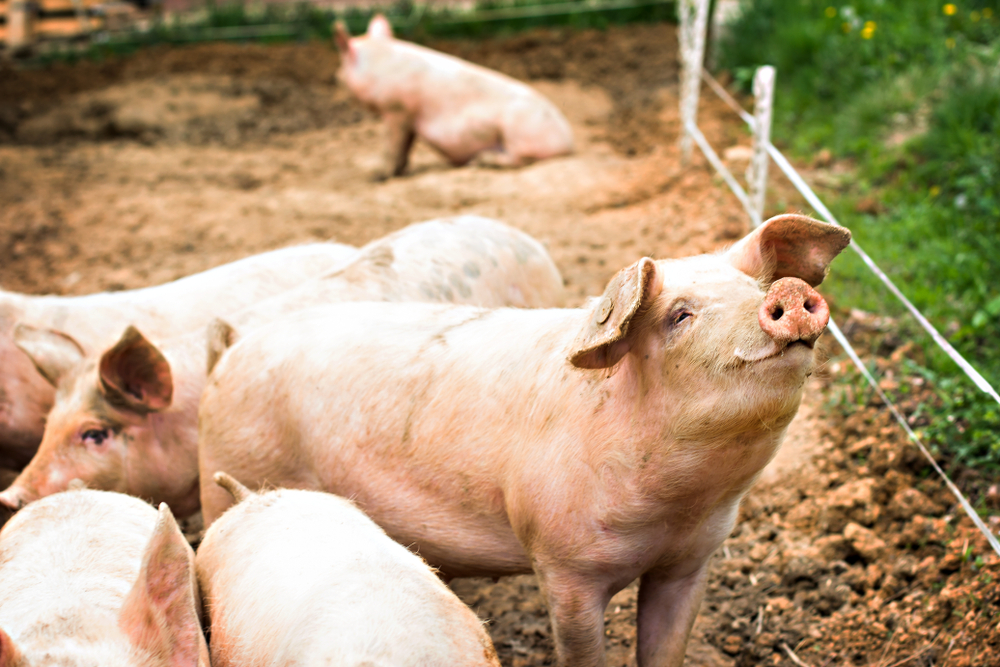Hans Spoolder, a researcher at the Animal Sciences Group, and his colleagues, are to seek an answer to this question. ‘People who eat organic products claim they taste better’, Spoolder says. ‘But, is that really the case? And if so, why?’
Spoolder and his colleagues will investigate whether the flesh of pigs and chickens from the extensive livestock farming sector taste better than that of their counterparts in the intensive livestock sector. ‘We have selected pigs and chickens because the contrast in these sectors is highest’, Spooler says. ‘The animals are kept in closed barn systems or outdoors. While cows often spend a part of the year outdoors, which makes it more difficult to prove that variations in quality are related to the way the animals er kept.’
Breed
To map the differences, the researchers will check, among other things, the impact of the breed. The breeds kept in the extensive livestock sector differ from those in the intensive livestock sector. Space to move is another relevant factor. Spoolder: ‘You can imagine that animals that move more have a different muscle composition and possibly also better blood circulation. This is something we may be able to taste. This has hitherto not been studied, so I’m rather curious.’
Animals that play, move more and are less stressed. This may influence their meat
Hans Spoolder, researcher at the Animal Science Group
Additionally, the effect of nutrition is taken into account. ‘Animals that are kept in meadows have a much more varied diet than those fed only feed concentrate. They can eat herbs, and this is something you can taste in the meat.’ Lastly, the effect of animal enrichment is studied. ‘Animals that play, move more and are less stressed. This may influence their meat.’ The meat will be offered to taste panels, and the chemical and physical characteristics will be determined in a lab.
Identify fraud
If it transpires that extensively held animals provide tastier meat, this opens possibilities for a better business model for those who produce more expensive meat from animals with a happier life.
Because organic meat is more expensive, fraud is a risk. Spoolder wants to use the analysis methods to identify such fraud. ‘We conduct an extensive study on the physical and chemical properties of the meat. This data will allow us to see whether an animal has lived outside in a pasture and what type of feed it was given. Isotopes even allow you to identify whether the animal originated in France or Spain.’
The four-year mEATquality research project is part of Horizon 2020. WUR coordinates the 6 million euro project. Also involved on behalf of WUR are Bas Kemp – Adaptation Physiology, Sara Erasmus – Food Quality & Design and Ine van der Fels – Wageningen Food Safety Research.

 Photo: Shutterstock
Photo: Shutterstock